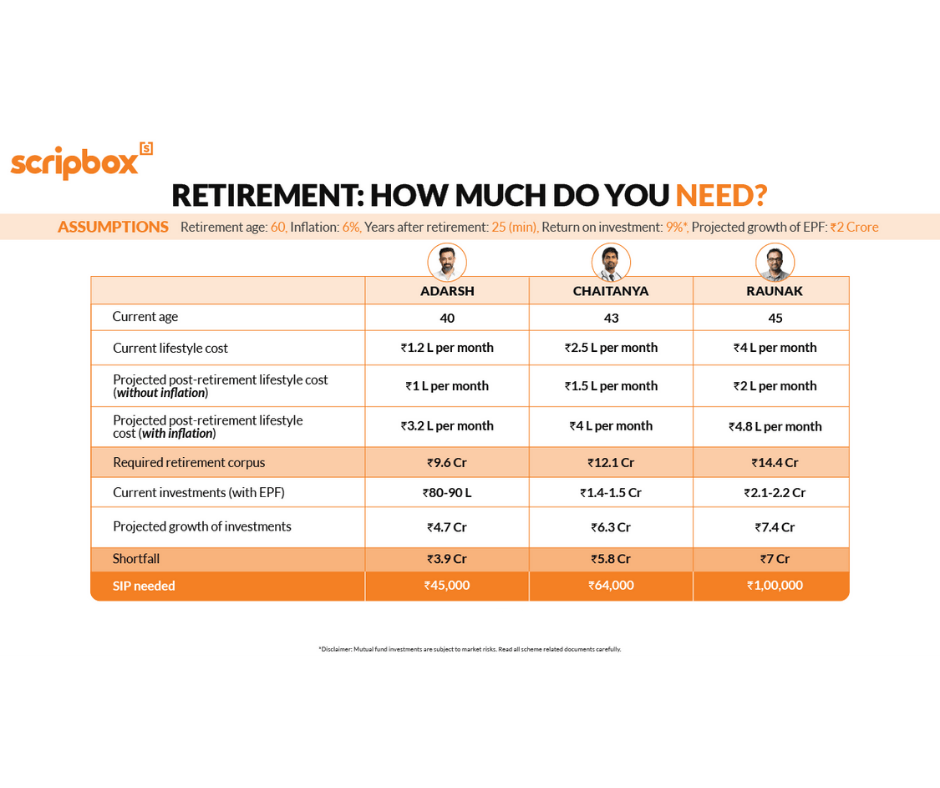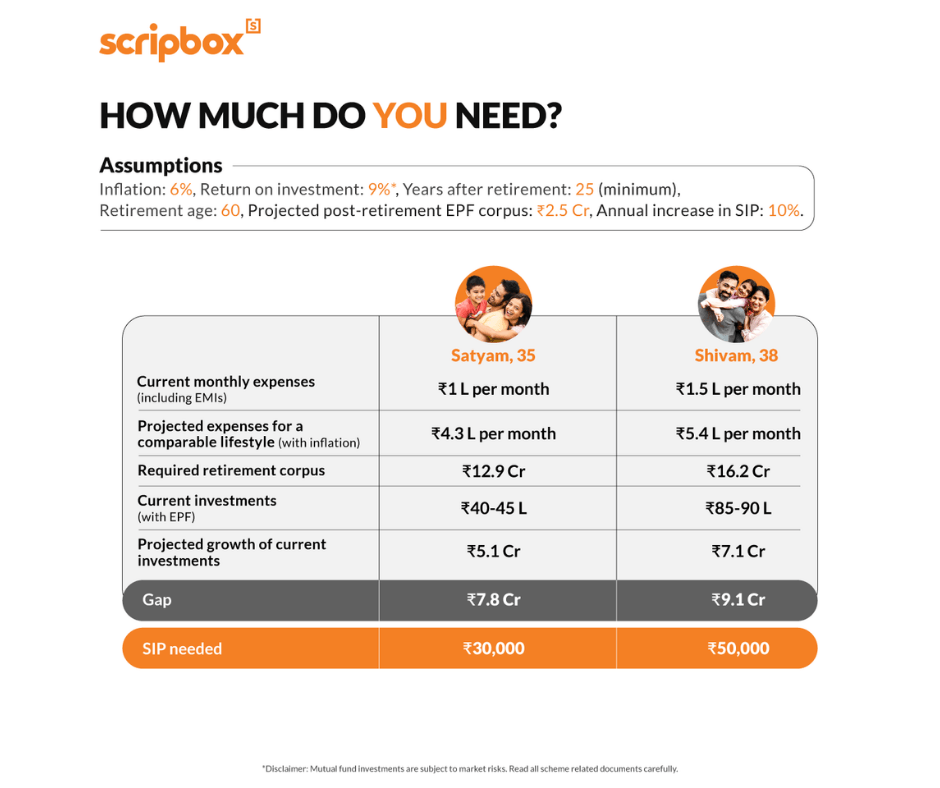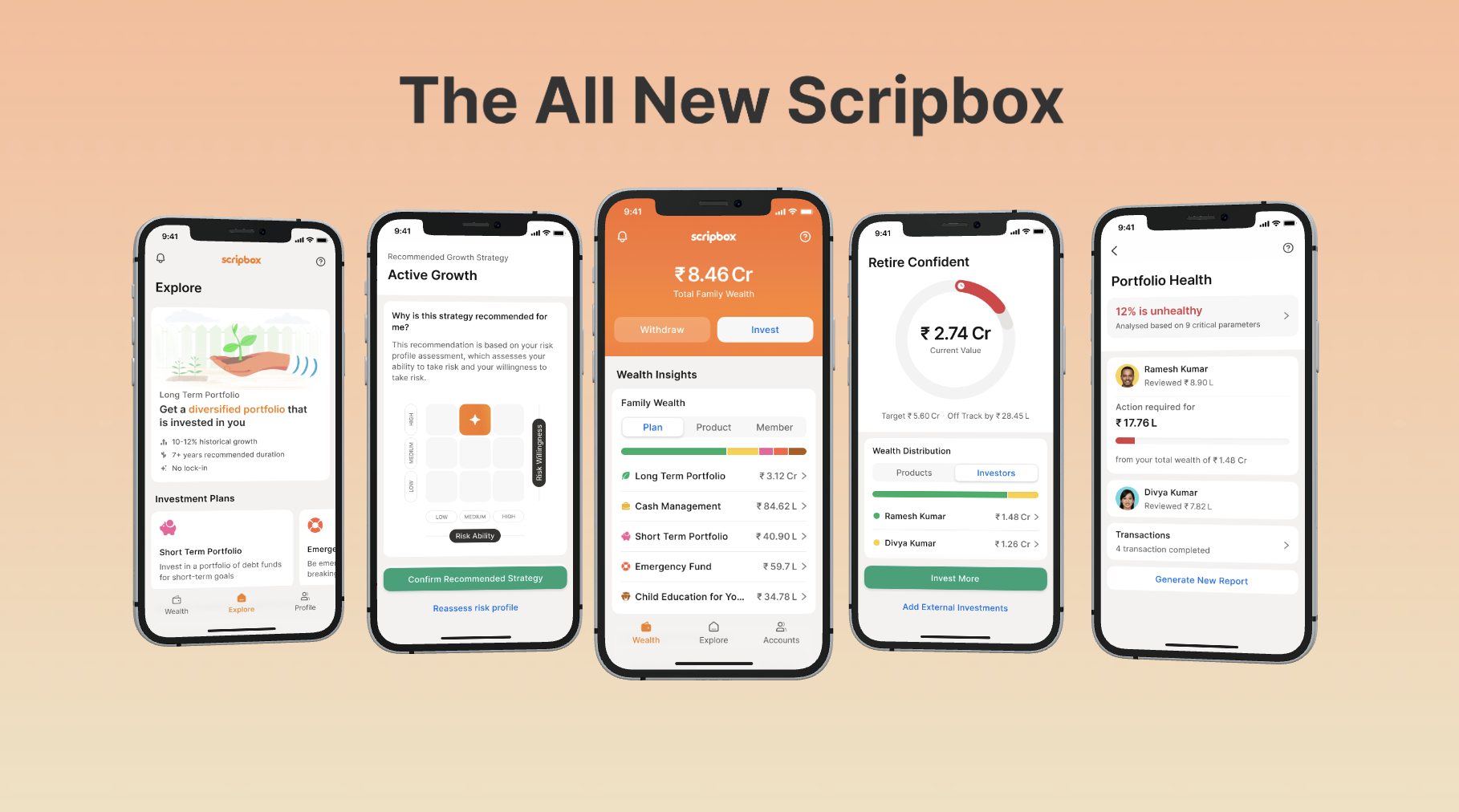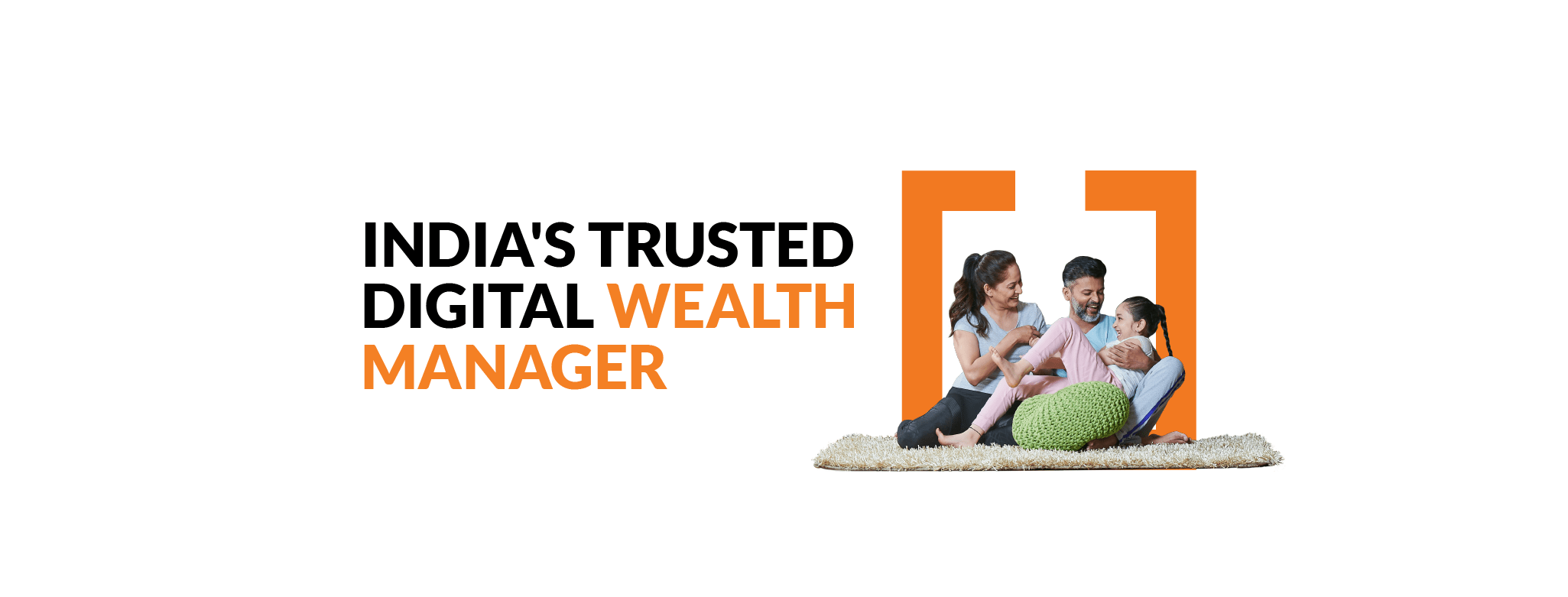Jyotsna recently got her father admitted to the hospital, and the hospital bill came up to Rs 10 lakh. However, since she had taken two health insurance policies of Rs 5 lakh each (of sum assured) from two insurers, she was confident about getting it reimbursed.
However, the second insurer rejected the claim to her surprise since they were not informed about the existing policy when buying a plan.
Many are going for multiple health insurance policies. Does it make sense?
Here at its advantages:
Greater coverage
Many insurers are reluctant to offer a sum assured beyond a limit (say Rs 5 lakh) based on one’s age and underwriting guidelines. In such cases, buying another policy helps get more coverage. Some keep one policy as a generic health cover, while the second covers more illnesses, maternity, or specific conditions.
Suppose you have an employee health policy. In that case, you might want to own a family floater to protect your family or ensure consistent coverage even after you quit the company.
Diversification
Hospital bills can be enormous (as Jyotsna found out). The second insurer could be approached if one insurer rejects claims, thereby providing a hedge. As long as the claim amount is lesser than the sum assured, you have the choice to choose the insurer for filing claims.
It is sometimes prudent to make claims from a single insurer so that you could earn a No Claim Bonus from another (for a claim-free year).
Cheaper premiums
Premiums are cheaper when you buy from different insurers. For example, you already have a Rs 5 lakh health cover from one insurer. Then you can purchase additional Rs 5 lakh cover from another insurer or go for a top-up.
Since the top-up becomes applicable only if claims are above Rs 5 lakh, their premium is cheaper.
Buying a family floater policy can result in high premiums, especially if senior citizens are in the family. Furthermore, it might not cater to your parents’ specific health cover needs. So, in such cases, buying separate policies for elderly parents lets you reduce the overall premium outgo and avail additional tax benefits under Sec 80D.
However, just buying multiple health policies is not enough. You have to understand its workings and know the procedure for making claims, to avoid disappointment, as Jyotsna experienced.
Here are some crucial aspects to cover:
Track record
Check the claim settlement ratio and brand reputation of the insurer. It is important to deal only with large insurers who have been in the business for a long time.
Make appropriate disclosures
If you take an additional policy, inform the new insurer about your existing policies. Not disclosing such information might lead to rejection as it is tantamount to misrepresentation.
While making claims from two insurers, the second insurer might require a claims settlement certificate from the first insurer and original bills before paying the remaining amount.
This case applies when the claim amount is more than the sum assured by the first insurer. Therefore, ensure you prudently handle the extra paperwork that will entail such multiple claims.
Fine print
Check the details of the policy document and for its co-pay clauses, room rent conditions, sub-limits and deductibles, amongst others. Also, know the contribution clauses that describe the circumstances under which they will be invoked. Keep in mind that contribution clauses usually get invoked only when the claim amount is higher than the sum assured by the insurer.
Moreover, it is not applicable in defined health policies whereby the cover is of fixed nature or does not have any relation to the treatment cost. Here, you pay a lump sum amount (say, on the diagnosis of a disease), and the policy automatically gets terminated.
Make like-to-like comparison
Some health policies cover you only up to a certain age, while others offer lifetime renewability. So, ensure you hold policies that give the longest tenure of coverage.
As a thumb rule, make claims in older policies where-in the waiting period for diseases is over.
Takeaway
Holding multiple health policies is economical and facilitates more excellent coverage and diversification. However, do the necessary due diligence and disclosures before signing the dotted line.

















































































































Show comments